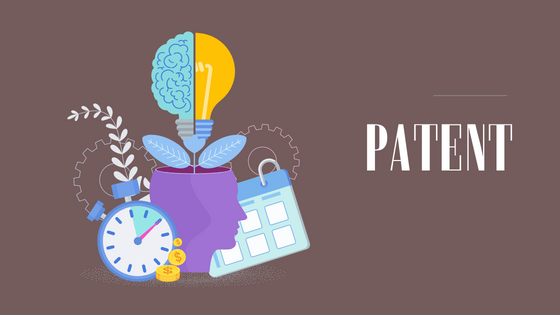Nobody would apply for a patent without a pretty good idea for a new invention, but a friend of mine (”Joan”) ran into a problem.
It was a rather personal problem. Joan remembers having an epiphany one sunny day a few years ago. Like a bolt from the blue, a new idea struck and she knew instantly it was gold.
She also knew enough not to talk about it until she tackled the process of patenting her invention. So she told nobody about her idea. Instead, Joan educated herself on how to apply for a patent and ordered the initial set of worksheets she needed to get started.
Week after week she waited for the paperwork to arrive. By the time she actually received her packet in the mail, she realized to her horror she had completely forgotten the idea!
At first blush, this might seem unlikely. But it is a real liability for anyone who leads a busy, creative lifestyle as explained on https://thriveglobal.com/stories/a-discussion-about-inventhelp-and-helping-people-achieve-their-goals/.

Joan is considering hypnotism to attempt recovery of her lost idea. If it was important enough to initiate the patent process, maybe the extra effort should be made.
When you depend on a continuous flow of ideas, as many of us do, you can commiserate instantly with Joan’s situation. An idea can be lost overnight. That’s why the consistent use of capture techniques is critical. You’ll hear me mention them repeatedly, because the more ideas you generate, the more important it is to get them recorded in some way, shape or form, for later use as described in https://easyreadernews.com/why-inventhelp-has-become-so-crucial-for-new-inventors/ article as well.
Joan was caught by surprise when she was finally ready to apply for a patent.
It’s amazing how easily a great idea can be lost, no matter how “dependable” your memory. Thoughts are a lot like water. If you try to collect too many thoughts in the bucket, some will spill over the side and be lost.





